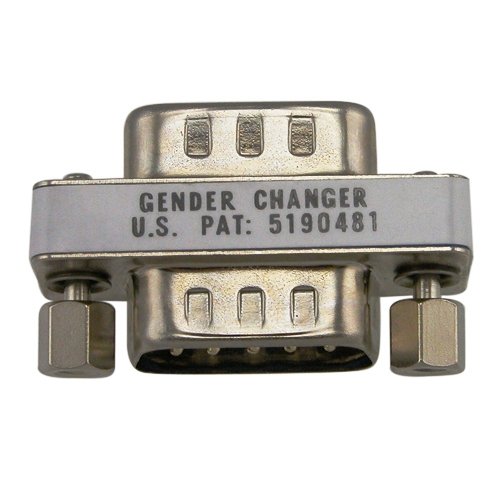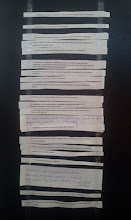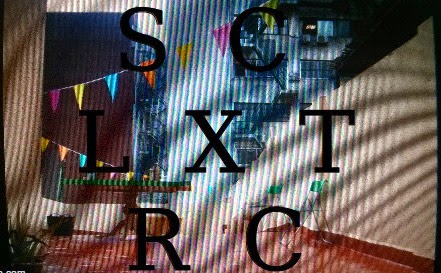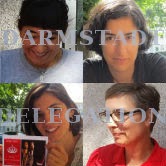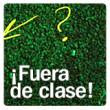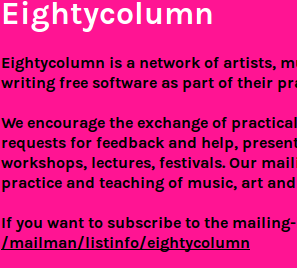by Cassandra Troyan and Helen Pritchard
commissioned by DONE 5 (Foto Colectania)
PROJECT'S WEBSITE: http://theantimenagerie.net/2021_In_the_mouth_of_a_polar_bear/
In this artistic research project Helen Pritchard and Cassandra Troyan engage with the production of transpecies animacy in the domains of edu-tainment, policing, and the military industrial complex. They interrogate the capacities of “legged robots designed to be used by the military, industrial, mining, energy, public safety and last-mile delivery” by Ghost Robotics, to animatronic spy animals made to look believable in natural history BBC programming, “Spy in the Wild”. All violent scenes dependent on visualizing technologies of feeling the world through aggressive sensing, scanning and surveillance.
Posing as either helpful or harmless machines, such as the Boston Dynamics dogs that can pick up your laundry, to more-than-animate soldier combatants dancing to tracks such a “Do You Love Me”. These robots are often posed as feeling the world, although not through embodiment, but with undead visual practices. In their physicality, they are a spy, spirit, or wraith –– witness to the world they sense and scan, yet beyond and removed from the consequences of its material realities. A viewer is constantly left with the place where a face should be looking back at you, or to look into the eyes of an animal expecting recognition only to see a camera lens or computational sensor returning your gaze.
Through the para-fictional scenarios explored in these viral video poems they investigate how transpecies storytelling and visual sensing technologies if not countered otherwise can be imploded as a mode for structuring the racist western imaginary of militaristic carceral imperialist fantasy. Using the visual and sonic principals of clickbait trauma-porn against itself, they reject a negative world-building project by instead approaching these techniques from a perspective of queer decolonial solidarity –– seeking to ultimately abolish the category of the species, along with the injurious technologies that could name, sense, and scan it as well.
[presentación y conversación online el 30.09.21 a las 19h CEST | última actividad de la 5ª edición de DONE]
+ info: https://done.fotocolectania.org/edicion5/en/creation/in-the-mouth-of-a-polar-bear-the-undead-feeling-of-the-world/#DONE
>>> RECORDING OF THE EVENT >>> https://www.youtube.com/watch?v=S1-6zkgr9lw

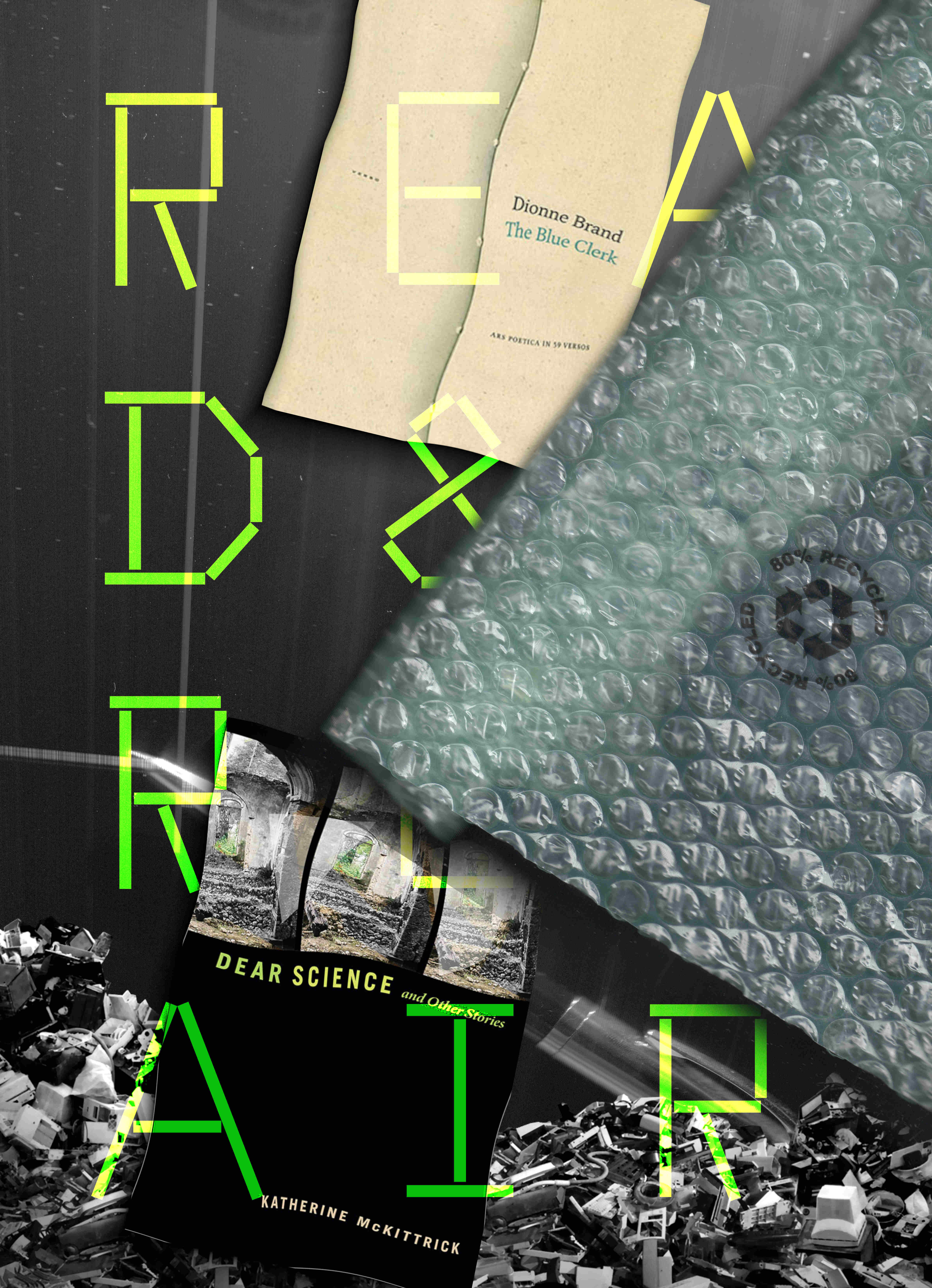


![[fellowship] LaaS (Life as a Service)](https://blogger.googleusercontent.com/img/a/AVvXsEijogwX9jgADqQ9A00tu8fCFaF8ARU8Sq0EXI0Z_PBE8M-SVpgMWAUiHJjw4-QwLjz-KCQlOgyvJNwpvBLe41Gr7xN0xlWzvyrGxZg9mUIH9-q3xEF51MSk6UnyUkD--ZptqoMcp7XSlgD8wV5MVeUaN8o7X34SnScuLZ4C76XyW6U8JDneHWrSw8vZ=s220)
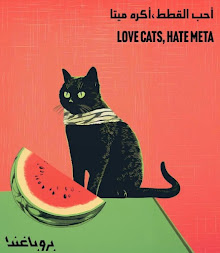

![[associate membership] TITiPI](https://blogger.googleusercontent.com/img/a/AVvXsEjcMlj6-I_3r2L84w6kGyECKoYCgG_clIbPgkJU643pGFonPn9P-UV_qnNI3V-pjgEVFigNgse4IABpsD7WRie8evGe1jdLZOV92rg_McRtrbSIJOTVzyUW5Xx4ITTYM3JL-d90tF-XGKpKscmUYcnrts654lnj1hVbrHZUBvKA8X5pZPXL6DIoILz9=s341)
![[escuela] Elefantes en la habitación](https://blogger.googleusercontent.com/img/a/AVvXsEgg8WMXXVVHA5uHIAlHGUstKTSRhzQEhEORdROKz8QBgLMPCtYxyNIyCnuFkFwDAoixgS1XMLDeGEtm5P0cXW3AUi6AB179S0Ei6BueXW8NXbREYnik1VICivjPvl7G2Ti597fcw2OQ38cWzV0BpfG3MijQiSAzCdVmj67HS4VIiCsQV5dLgdOubMvIGiM=s220)
![[book] Volumetric regimes: material cultures of quantified presence](https://blogger.googleusercontent.com/img/a/AVvXsEgmU-TcPBoSAK-bYjc2IS1c3j6YaoY0bAmoWeJphwdAVgJ1vRcZP_dg5Ki_GWBYPakurYUpM6XIlUGJKAKALaYhdx-sLtC-KlL3NocFIq5S3RzmuefQP1pCwpUTjJ4it_itZKmY1FLZ-GuvAE1PHWP90G9nxsDRdyPVaoyQxl6s3A0SQEeRxP5fNlcI=s332)
![[manual] Queering Damage. Methodologies for partial reparation... or not.](http://1.bp.blogspot.com/-LXiukBqmNXA/YKFAjGNlzSI/AAAAAAAAClM/Erd_vyTQRnI2ZEXsog-_LbXESkJVBTjcACK4BGAYYCw/s1600/QD.png)

![[radio] naturoculturas son disturbios](http://2.bp.blogspot.com/-eJOftMCOqJw/X7PSaTTDzUI/AAAAAAAACho/rgEzgCUj1Ic-678lT9SYRUqXHqjUu1rBACK4BGAYYCw/s1600/tapiz.jpg)
![[project] the underground division, with Helen Pritchard & Femke Snelting](http://3.bp.blogspot.com/-Vb7dizB_Aew/Xw8pkrj7HNI/AAAAAAAACfI/3vaCtXWJmHk2KooveX2cNb6Wi1KBFs2SwCK4BGAYYCw/s1600/unthoughtinfrastructure.gif)
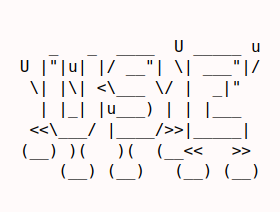
![[expo] Dorm en l'accident que provoca](https://blogger.googleusercontent.com/img/a/AVvXsEgjj7ASH7edRFh6yretcviCckrs19chm_iyuaa0PyNeRqKj6EWr5C8wRAUQXNsR0rSxSIY0-j_a0z1PfmEjabITfUBWfMwqCNKLo9Fvb65P31PtSbEiBBJ_HhiNrs1iVFZsD4LWicCfvZXM20ivsPoG2XfLBZYGBhv7Iavs2VPb0uGV2mYehjf7mzdm=s220)
![[exposición] La Irrupción](https://blogger.googleusercontent.com/img/a/AVvXsEiJnQT68iCPb08I1Bq9Cq8cGWfRLxF_cwD3tqfqovDvh1oy1L-Mj5DVkBsyBEezs9ydH0kVterKMClhihz3EkJgySfauazM8-YsPZRI2qUOQKSWKE8phvjFy5lPNqE5r60m0bbgm4eyMXVA4xktKU5hrJoQ6gBv22a7QRAhFlmFDxYQVATl6orDZ-oK=s311)
![[Fellowship] Spectral Infrastructure | Cell for digital Discomfort](https://1.bp.blogspot.com/-1Mz9nkd7kyc/YUC9_z-hWZI/AAAAAAAACnw/yb9WDXWR2J0XT-0G0tw06NeA7Olw0vH9ACLcBGAsYHQ/s220/Spirit-Labour-1-web-2000x1335.jpg)
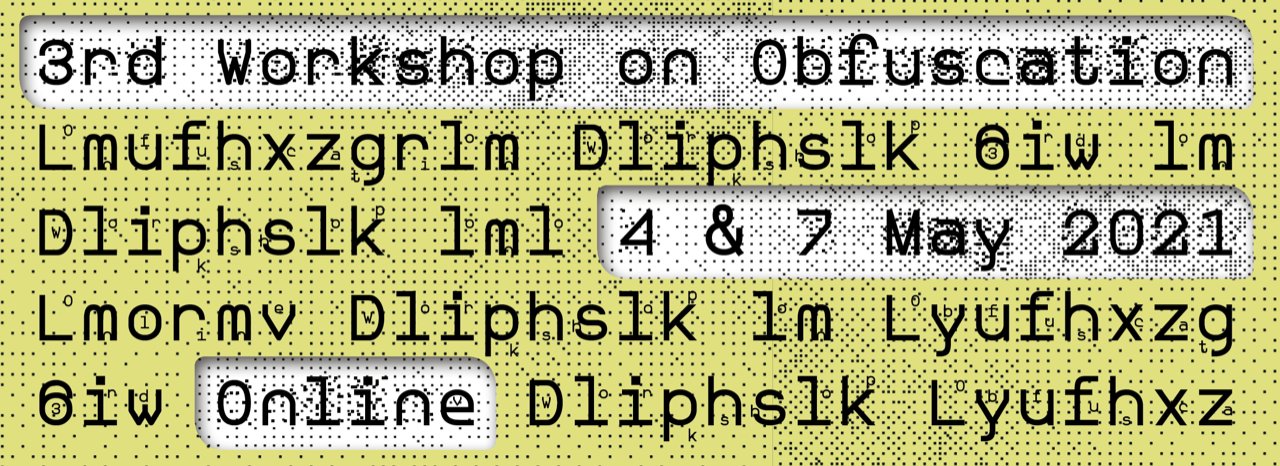
![[paper] Figurations of Timely Extraction](http://3.bp.blogspot.com/-EEElb_fstsE/X-JKErsMDnI/AAAAAAAACiU/uBoa0G9v3J0jXgtTtY-bOtx9eCx0Z-QRACK4BGAYYCw/s1600/hueco.png)
![[weft] The Relearning Series (with Martino Morandi)](https://constantvzw.org/site/local/cache-vignettes/L650xH614/arton3397-dd459.png?1609926532)
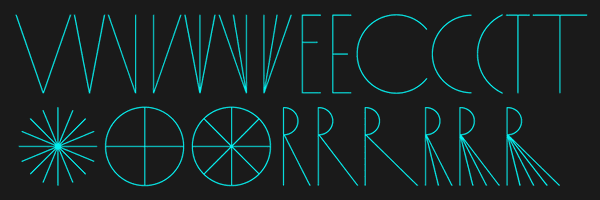
![[text] The Courier Bag Praxis of Friction](http://2.bp.blogspot.com/-rwB5cuz7Nso/XdbCtzNSDXI/AAAAAAAACaM/M4K3GJ5DWggsa_4QE4b1wUnEl7RMb7pSgCK4BGAYYCw/s1600/amz.png)
![[text] We Have Always Been Geohackers](http://2.bp.blogspot.com/-8BmPDN2rBsU/XqmEU9CXX7I/AAAAAAAACcY/pcyARZc0W1wfvfpF_7u9J_-zrspcGT0CgCK4BGAYYCw/s1600/600px-Image04.png)
![[entrevista con Nerea Ubieto] unos corpus a través de otros](http://2.bp.blogspot.com/-0_bjDza1kNM/Xw8oXD4wlVI/AAAAAAAACe8/Dtq63XbpeBUurLduks1DUllgs9C-wci3gCK4BGAYYCw/s1600/yaaun.hotglue.me.jpeg)
![[book] Iterations](http://3.bp.blogspot.com/-lPq3XYhb2sg/Xr2YfP137KI/AAAAAAAACcw/Mr3UWKSzkMgXplIMuRl7zb0fAIEEdubNgCK4BGAYYCw/s1600/iterations_img.png)
![[text] Depths and Densities: a bugged report](http://2.bp.blogspot.com/-6ZOLIzgxql0/XYs4n31larI/AAAAAAAACYU/4-_ZiDlW64gq37asORZYzucTqIQIJHW-wCK4BGAYYCw/s1600/2.gif)
![[expo] ROCK REPO](http://1.bp.blogspot.com/-sZWN9EHxUZM/XiBDs0irMDI/AAAAAAAACbU/fpHwrq8p1ackZtOWE-x4JbBq9wARbI3eQCK4BGAYYCw/s1600/ROCKREPO.png)
![[ciclo] unsupervised imaginations](http://2.bp.blogspot.com/-bPb_qCmEwOA/XiBCnNU7ksI/AAAAAAAACbI/GxHrqiS0C7cYh7C0xcK6EMWm2q3Tg4X9wCK4BGAYYCw/s1600/done.png)
![[texto] O o no O](http://2.bp.blogspot.com/-z3dqpqevjEI/XdbINfBM4lI/AAAAAAAACak/Y6sTzqZPu_gqRqpyxL7SqeIC3zg7EkftACK4BGAYYCw/s1600/OOO.png)

![[text] testing texting South: a political fiction](https://s-media-cache-ak0.pinimg.com/236x/ee/bb/77/eebb777b79c372e431f8f01a9f8c417e.jpg)
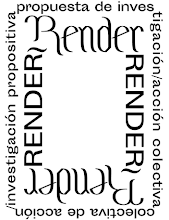
![[texto] connivencia km 0](https://a-desk.org/wp-content/uploads/2019/02/yCNQVn7-595x356.jpg)
![[texto] tendido topológico de opacidad](http://68.media.tumblr.com/e676dd7629cd52e1ce1bdb64223950d5/tumblr_oqrvcsjHMp1r7nmp9o1_500.jpg)
![[workshop] queering damage: methodologies for partial reparations... or not](https://hangar.org/webnou/wp-content/uploads/2018/09/fotoactivitat-448x197.jpeg)
![[text] ultrasonic dreams of aclinical renderings](http://4.bp.blogspot.com/-H52-iMOqyxk/WxPAdNgi69I/AAAAAAAACMY/j4JJw_mDM5chr9DB9yFr1unE03drzE5vwCK4BGAYYCw/s1600/ada.png)
![[text] la Caníbal Mondothèque](http://2.bp.blogspot.com/-2AmJZaoZ6DQ/XG_8lEagqFI/AAAAAAAACSg/G_wb8mA_1skE8CRxc2adXM6Kf7kHZ0HpQCK4BGAYYCw/s1600/sss.png)
![[taller] Signos de desorden clandestino en la multitud uniformada y codificada](http://1.bp.blogspot.com/-g90noKfLvso/XID1fwNHk2I/AAAAAAAACS4/49GpVIKB6pwZs_a2NiZ0-pDZB3zOAiUUQCK4BGAYYCw/s1600/signos%2Bde%2Bdesorden.png)
![[book scanner] hackthebiblio](http://1.bp.blogspot.com/-K6Fcg2IHMOo/W_VRe_buifI/AAAAAAAACQ4/GqQ41wOOJNQDsp0gTjKaZBh76vTnhVi4wCK4BGAYYCw/s1600/marron.png)
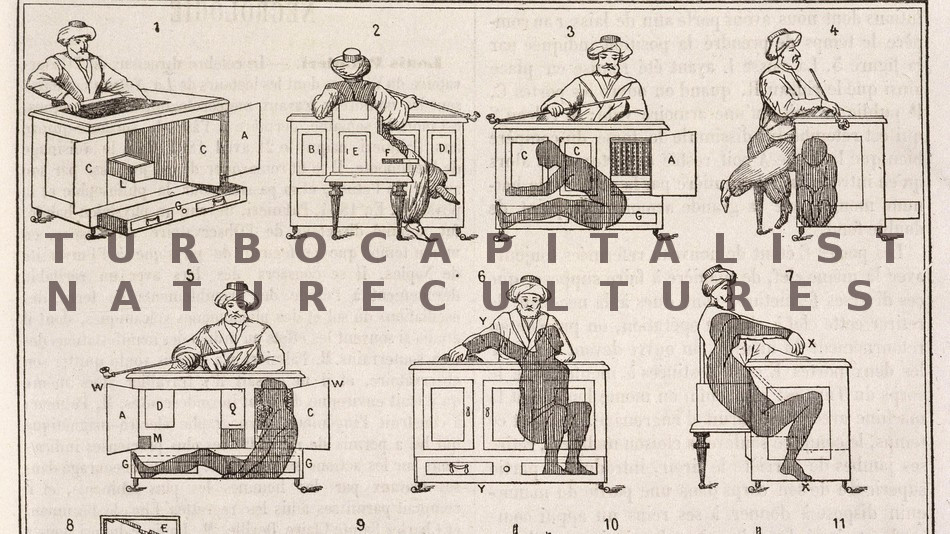


![[installation] somatopologies](http://www.constantvzw.org/site/local/cache-vignettes/L650xH459/arton3002-2d389.png?1529044157)
![[workshop] ageing companions](http://1.bp.blogspot.com/-0pIRFCt-JKE/Wx46-eD3pGI/AAAAAAAACM0/snZKH8YigMUCAtXVvMtcgOfsRLPJjWP-wCK4BGAYYCw/s1600/ageing%2Bcompanions.png)
![[curso] ya aún (con Laura Benítez)](http://1.bp.blogspot.com/-GUL6FLrVRgE/Wm4Y61sJqKI/AAAAAAAACHM/NrGoBKf8vxkbExoSlJ487ziXy378jcLwwCK4BGAYYCw/s1600/yaaun.png)
![[text] MakeHuman @ posthuman glossary](http://4.bp.blogspot.com/-thbyHWJ7aJw/WWTD0ji_FgI/AAAAAAAACCo/njA7C6KXCHMKsS35QJGTRPodihTaDly7ACK4BGAYYCw/s1600/posthuman%2Bgloss.jpg)
![[taller] Las promesas de los algos: una visión inapropiada/ble (con Nicolas Malevé)](https://hangar.org/webnou/wp-content/uploads/2018/01/tensorflow-448x298.jpg)
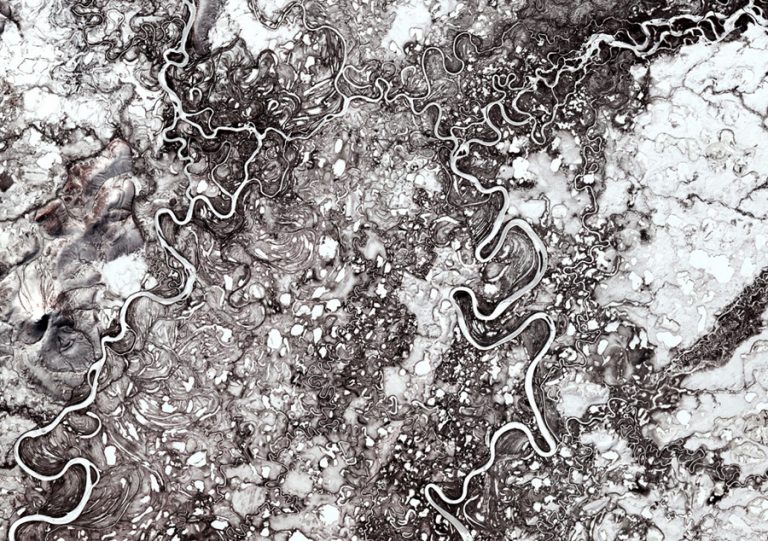
![[text] dis-orientation and its aftermath](https://media.giphy.com/media/L35lnVzYLgHFS/giphy.gif)
![[curso] fonaments del disseny](http://2.bp.blogspot.com/-AUeIee2eivM/WnmQaaR9mpI/AAAAAAAACHw/khMDypdnw8MnWpQOijY_AQtEcuzLALy_wCK4BGAYYCw/s1600/fonaments3.jpg)
![[revista] L/EN/G/U/A/J/E/o](https://1.bp.blogspot.com/-kq7SQc_3FFg/WbWWs7sKFfI/AAAAAAAADnE/GBYYcY5dPHUmCW6psmBmoYc5XRPo1d06gCLcBGAs/s320/Captura%2Bde%2Bpantalla%2B2017-09-10%2Ba%2Bla%2528s%2529%2B21.46.40.png)
![[methodology] workshop à la carte](http://3.bp.blogspot.com/-2keAktRvWvM/Wieze3oi2yI/AAAAAAAACGM/luz8sgbuRekmVBoDdBuwNEBGceUBdbZaQCK4BGAYYCw/s1600/teo.png)
![[text] tongues in the making](http://4.bp.blogspot.com/-IqirwW5LCSQ/VrNRZTnVUsI/AAAAAAAABqc/X3QoMlBfe8A/s1600-r/Captura%2Bde%2Bpantalla%2B2016-02-04%2Ba%2Blas%2B13.53.52.png)

![[texto] altas tensiones, saberes menores](http://blogzac.es/wp-content/uploads/2016/12/Tensiones_Aprendizajes_ColaBoraBora-768x521.jpg)
![[text] new criticals: cadavre exquis](http://www.newcriticals.com/_img/_article-uploads/tumblr_n896cez0Ln1tu5ph3o1_1280.jpg)
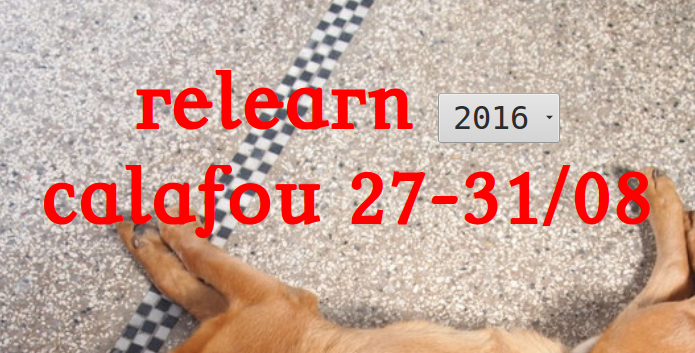
![[article] Let's first get things done! / Fiberculture Journal #26](http://4.bp.blogspot.com/-WZLUIptJM94/Vro1pwaIMJI/AAAAAAAABrk/Mx1ZYSUrq4o/s1600-r/graph.png)

![[paper] "La materia contraataca: una tentativa objetológica"](http://1.bp.blogspot.com/-uYxTKY6x8E8/Vg0AIEhlteI/AAAAAAAABfU/pUyicU7-6aM/s1600-r/m%25C3%25A1quina_cuadruple%2Bhaz.jpg)
![[expo] not yet know: ontologías sorpresa y agencia-ficción](http://36.media.tumblr.com/cb645e6566f7d7b938eadfb8b6211bd8/tumblr_nl1pgqOjJY1tu5ph3o1_1280.jpg)

![[libro] "El futuro de los centros culturales en la europa creativa"](http://2.bp.blogspot.com/-7ObPKR4gwAA/U9vbWH0JSeI/AAAAAAAAAzw/v3NueMEhzqg/s1600/euroz.jpg)
![[zine] catálogo restrospectivo de una soberanía objetual](http://40.media.tumblr.com/474e97cd6589b57032fbb079230ae643/tumblr_nkr05twfSL1tu5ph3o1_1280.jpg)
![[wiki] protocol for interdisciplinary research / Hangar / Grid_Spinoza](http://3.bp.blogspot.com/-Z7zs8EJByTs/VnBhHx-VRpI/AAAAAAAABmM/wIsUhGxuHJs/s1600-r/Pantallazo.png)
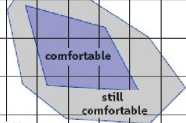
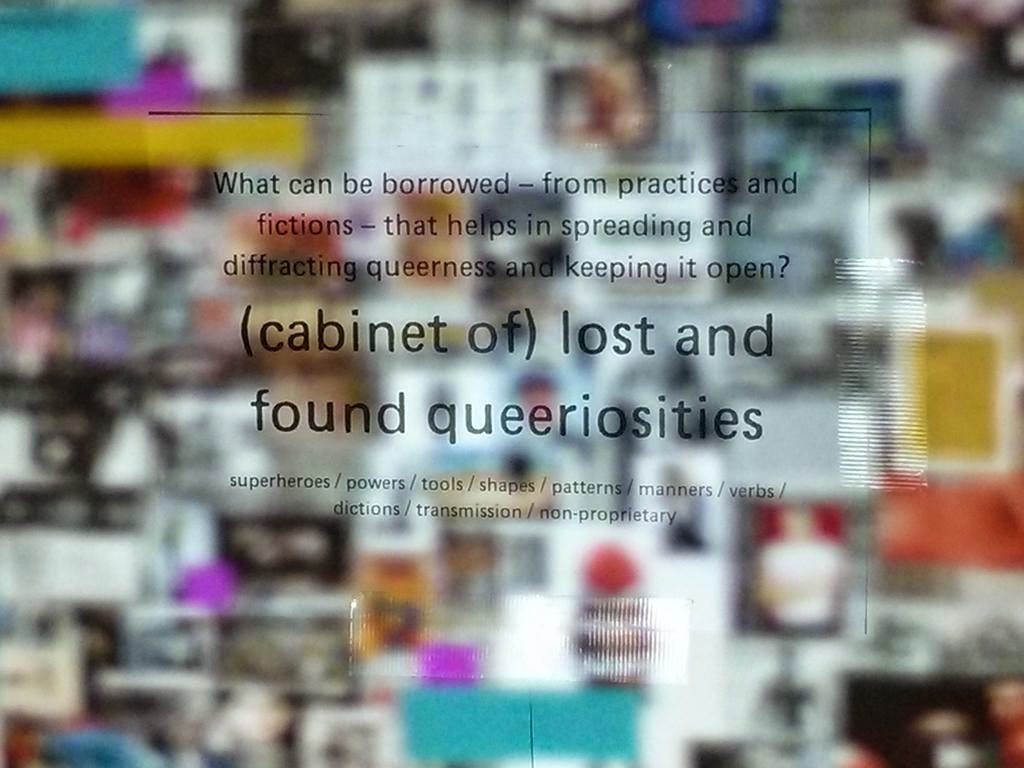
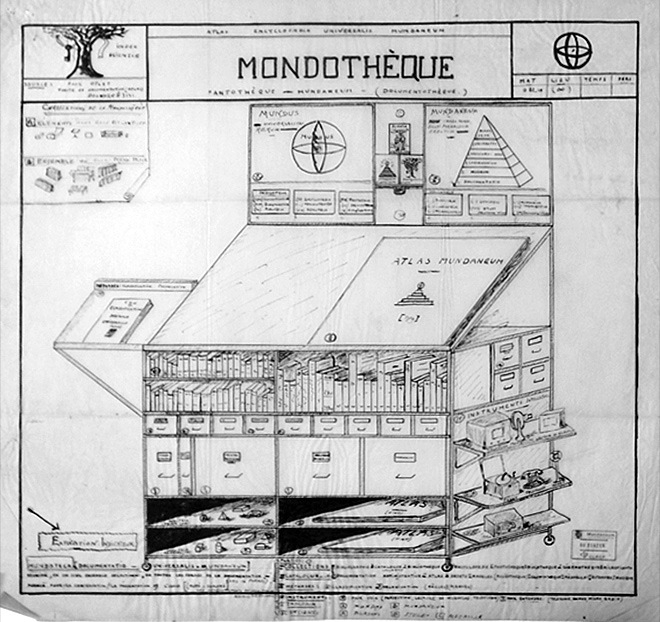
![[monográfico] Laboratorios de Procomún](http://3.bp.blogspot.com/-XEUy_xHiDQo/VrotjaSJmfI/AAAAAAAABrU/Zn1ZgeICBAc/s1600-r/teknokultura.png)
![[libro] Teknokultura: tecnociencia, arte y cultura](http://www.catarata.org/uploads/libros/imagenes/855dd3b0ba9d57cba1a8877e24d16c1037d45241.png)
